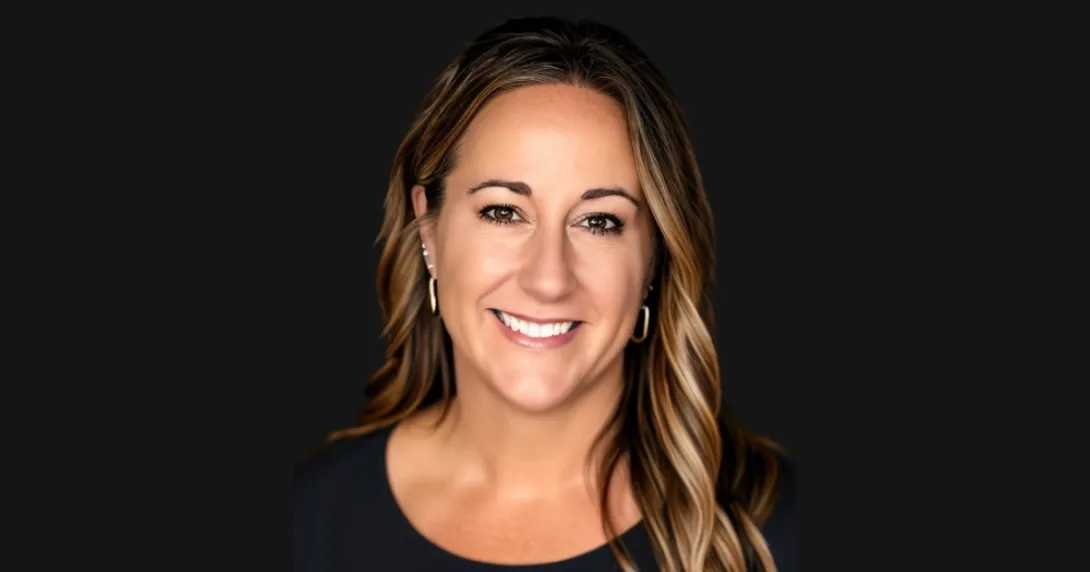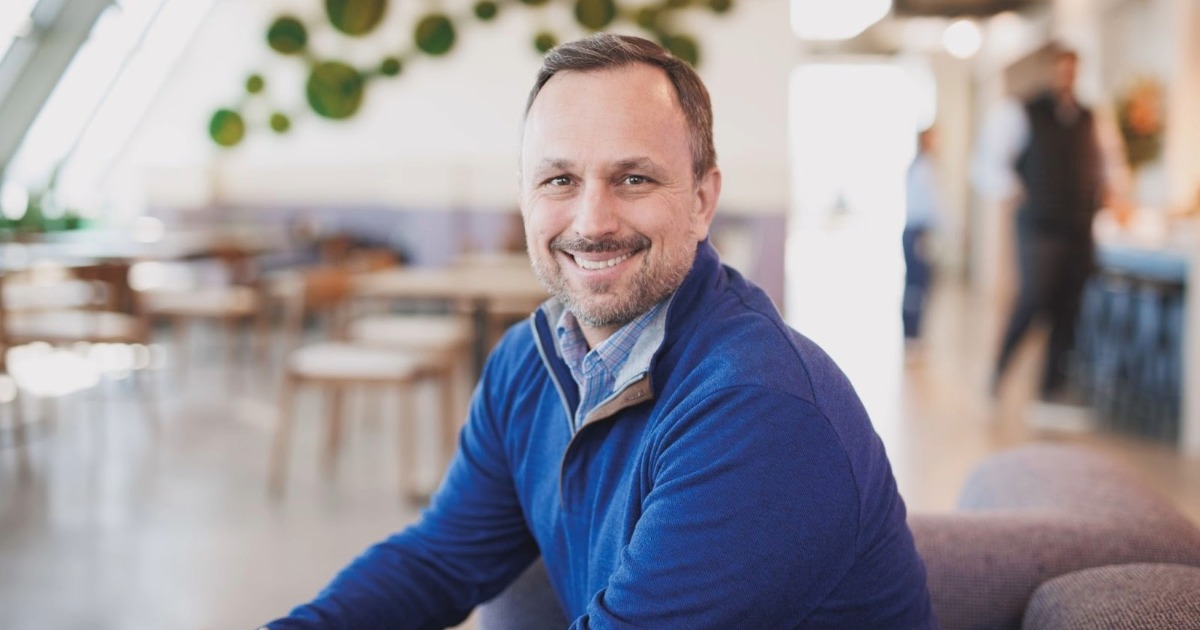
b.well Connected Health, an AI-powered digital health platform, was one of 60 companies to become a CMS-Aligned Network under the newly launched CMS Interoperability Framework, which will allow for information exchange between patients and providers.
b.well's Fast Healthcare Interoperability Resources (FHIR)-based platform integrates data from more than 1.8 million provider connections, more than 300 payer connections, TEFCA, Health Information Networks (HINs) and Health Information Exchanges (HIEs), labs and pharmacies daily.
b.well CEO Kristen Valdes sat down with MobiHealthNews to discuss how the government initiative will impact consumers and the direction of the company.
MobiHealthNews: What is your reaction to the announcement from CMS regarding the creation of a patient-centric healthcare ecosystem?
Kristen Valdes: It is long overdue. It is something that we have been advocating for, for more than a decade. The other thing that was done in this announcement that was particularly important was that it pushes the industry towards FHIR. The majority of data exchange today is done on older and outdated technology standards.
It is not so much the method on how the data is transacted, although FHIR is a great modernized API, it also requires participants to transact in something called U.S. Core v3 [United States Core Data for Interoperability, Version 3 (USCDI v3)], which is more content for patients that they need when they are transacting their information to a provider that they are seeing and for them to get a complete picture of their health record. So, from a patient perspective, being able to get more of your full longitudinal medical record. To be able to share that at the point of care is particularly important.
The clipboard initiative is probably the most exciting because it is advancing technology in a way that I personally did not believe that I would see for many, many more years. What that means is that a patient can collect their information and maintain their own medical records on their phones, which in many cases can be life-saving for people.
When they go to the doctor, they are going to be able to use a QR code or Smart Health link to be able to give their longitudinal record and their digital insurance card directly to the provider on check-in and do what we call "Kill the Clipboard" so patients do not have to show up at the doctor's office with all of the information the doctor probably already has.
It allows you to bypass all of the forms and paperwork that are no longer necessary in a modern digital era.
MHN: How does becoming a CMS-Aligned Network under the CMS Interoperability Framework benefit b.well and its customers?
Valdes: b.well was actually already a network. For the last five years, we have been leveraging the rules that were created under the rule of information blocking and interoperability, and for five years we have been onboarding as a trusted third party to every payer and every provider in the country, including Medicare, the Veterans Administration, pharmacy and labs.
We already have two millions providers and over 350 payers for patients to be able to access their information. It makes complete sense for us at this point to sign on all of the work that we have been doing for five years to allow other CMS-Aligned Networks to connect to all of our hard work in the interest of getting patients their data because we have the most robust set of points in the country already.
MHN: How does this collaboration with CMS fit into b.well’s vision for the future?
Valdes: Our vision of the future is one where people are not competing on keeping data locked up and inaccessible to patients. Our vision of the future is that patients have consent and transparency to every place that their data is being used and that given that information we will be able to add more value in consumers' lives in their health and be more proactive in their care.
With CMS' vision that they announced yesterday and the call to action, which we were thrilled to see the number of companies that were signing on to that vision, I have real hope that healthcare is going to look very different even two years from now, where before I would have said [it would take] five or 10 years. This really accelerates the time to market for things that are long overdue.


